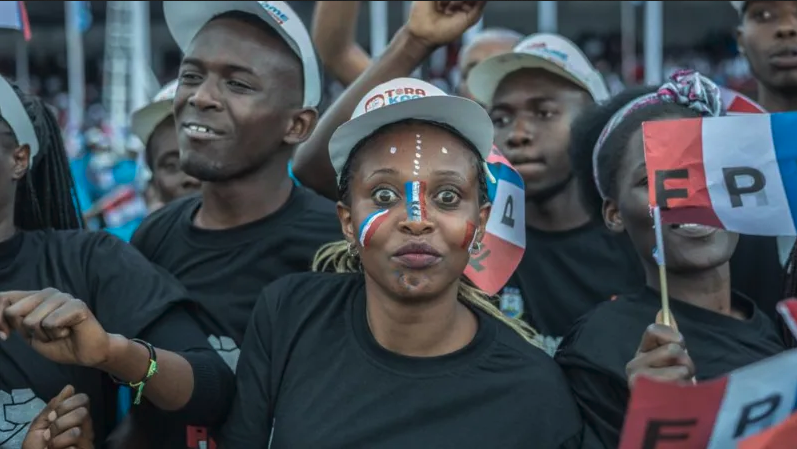City splashes N$1,4b on salaries
Written by on July 14, 2024
The City of Windhoek spent N$1,4 billion on salaries and wages, the latest financial report released yesterday shows.
This is a reduction from N$1,5 billion spent in 2022 while remuneration for councilors increased from N$8,5 million to N$8,6 million.
The financial report also shows that the municipality’s revenue increased to N$4,65 billion last year.
The report says this was largely driven by a N$300-million rise in taxes and municipal service charges.
However, this revenue growth comes at a steep cost to the city’s residents as the increase mainly stems from tariff hikes on property taxes and service charges, with rates climbing between 3,4% and 5%.
In 2022, the municipality’s revenue stood at N$4,36 billion.
Money generated from property taxes rose from N$676 million in 2022 to N$726 million in 2023.
Service charges also climbed, generating N$3,62 billion in 2023, compared to N$3,32 billion in the previous year.
The revenue increase was also due to a decrease in bad debts by N$244 million, bringing the debts owed by residents to N$1,2 billion.
“The improvement is mainly driven by a decrease in bad debts, and the increase in revenue was mainly due to tariff increases in property taxes and service charges. “There was a decrease in bad debts which emanated from improved collection,” the municipality’s chief executive, Moses Matyayi, says.
Moses Matyayi
He says despite these improvements, Windhoek’s liquidity ratio remains a concern.
“Despite registering an improved current ratio of N$0,60 from N$0,46 for every N$1, the liquidity ratio is still under pressure as current liabilities remain higher than current assets.
“Further interventions are still required to bring the ratio to N$1 and above,” Matyayi says.
He says efforts are geared towards obtaining the desired ratio in the remaining period of the strategic plan.
The report further states that the city’s financial sustainability challenges are caused by the lack of a cost-cutting and revenue-enhancement plan and slow responses to repetitive audit findings.
Another challenge is the fact that a funding model has not been developed.
RESIDENTS SUFFER MORE
Social justice activist Nafimane Hamukoshi says while the municipality’s financial health is important, it is equally important to ensure that economic and social policies do not disproportionately burden those who are already struggling.
She says many residents of Windhoek are already struggling with economic hardships, including high unemployment rates, stagnant wages and the rising cost of living.
“The additional financial burden placed on residents through increased taxes and service charges exacerbates these challenges, potentially pushing more individuals and families into financial distress,” Hamukoshi says.
She says the increase in municipal rates needs to be carefully balanced against the ability of residents to pay this without sacrificing their basic needs.
“When municipal charges and taxes rise, the impact is often felt more acutely by lower-income households. These families may already be struggling to meet their basic needs, and additional financial pressures can lead to difficult trade-offs, such as choosing between paying for utilities or other essentials, like food and healthcare,” Hamukoshi says.
She says to address these concerns, it is crucial for the City of Windhoek to consider implementing measures to mitigate the impact of increased rates on its most vulnerable residents.
This, she says, could include introducing tiered pricing structures, or providing low-income families with subsidies or discounts.
“There should also be transparent communication about why these increases are necessary and how the additional revenue would be used to benefit the community.
“This could help build trust and understanding among residents. Achieving a balance that promotes both fiscal responsibility and social equity should be the goal,” Hamukoshi says.
The post City splashes N$1,4b on salaries appeared first on The Namibian.



